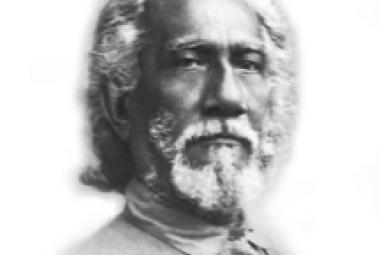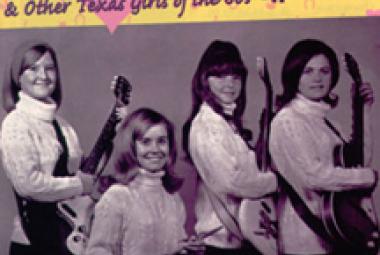ARLO GUTHRIE – On Woody Guthrie
Arlo Guthrie is currently on tour promoting the 50th anniversary of his best-known song, “Alice’s Restaurant Massacree”; he recently had his first concert in Biloxi. At around 18 minutes in length, this might be the longest best-known song of any rock musician in history. At its core, it is an anti-war, anti-draft song; but for the most part, it is fun all the way, with inventive storytelling and sparkling wordplay. It seems that Arlo Guthrie was arrested once for littering and was later found to be unfit for military service because of his “criminal background”.
The story takes place in Stockbridge, Massachusetts, about as lovely a town as you will ever see. Their downtown district has been preserved in perpetuity since it was the subject of a major painting by the world famous yet still under-rated artist who grew up there, Norman Rockwell.
* * *
Arlo Guthrie starred as himself in a movie called Alice’s Restaurant (1969) that brought the song “Alice’s Restaurant Massacree” to life better than anyone could have expected. It was directed by Arthur Penn whose other films include Bonnie and Clyde and Little Big Man. Other cast members include Pat Quinn, James Broderick, and M. Emmet Walsh. Stockbridge police chief William Obanhein (“Officer Obie”) appears as himself, as does the blind judge, James Hannon. Pete Seeger and his bandmate in the Weavers, Lee Hays are also in the film. Alice Brock has a cameo in the movie; as the song says, the name of her restaurant was never “Alice’s Restaurant” – originally it was called The Back Room.
* * *
Arlo Guthrie’s father Woody Guthrie has been in the news lately; among other notes along the same lines, a reworking of one of his best known songs, “I Ain’t Got No Home” came to light in his papers that included a scathing indictment as a racist of “old man Trump”, that is, Fred Trump, the father of Donald Trump. Guthrie had signed a lease in December 1950 at one of the elder Trump’s apartment complexes near Coney Island, called Beach Haven and began noticing the lily-white neighborhood where it was located.
Arlo Guthrie was quoted about this in our local newspaper, the Sun Herald: “Maybe the biggest difference between my father and I is that I was able to live a little longer than he did and was able to learn from my experience in ways he could not. He was hospitalized when he was only 40 years old and passed away at 55 in 1967. . . . [A]s I aged I became less judgmental of individuals and began instead writing about the things I liked or didn’t like, and stopped writing about the people themselves. My father didn’t have the luxury of living long enough to make that kind of change regardless of whether he would or would not have.”
(March 2016)















